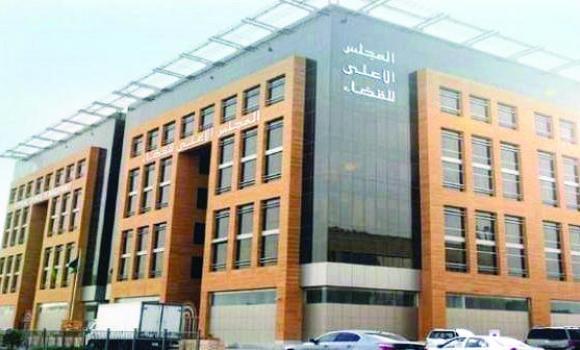
Saudi judicial system gives accused full rights to defend
Saudi Arabia’s legal system is based on Islamic laws derived from the Holy Qur’an and the Sunnah. The current Saudi court system was established in 1932 by King Abdul Aziz, the Kingdom’s founder.
Among the most important guarantees of justice in the Kingdom is the multiplicity of litigation levels. The judicial system provides that provisions must be considered at three levels, especially in cases of murder, stoning and qasas (beheading) which show the quality and accuracy of the judiciary’s judgments.
“The Saudi judiciary is characterized by its full respect for freedom,” said Abdullah Al-Falaj, a legal consultant. “Article 36 of the Saudi Basic Law of Governance provides that the State shall ensure the security of all citizens and expatriates living within its borders. No individual shall be detained, imprisoned or have his actions restricted except by the provisions of the law.”
The law provides that houses are inviolable and they shall not be entered without the permission of their owners, nor shall they be searched except in cases specified by the law, Al-Falaj said. He explained that the right to litigation is guaranteed equally for both citizens and residents in the Kingdom.
He said that Saudi law provided that the judiciary be an independent authority. There shall be no power over judges in their judicial function other than the power of the Shariah. “These are guarantees for the independence of the judicial authorities and systems, so that everyone is equal before the law without discrimination by one person against another,” Al-Falaj said.
He said that the law provided that an accused person shall have the right to seek the assistance of a lawyer or a representative to defend him or her during the investigation and trial.
Al-Falaj said the Kingdom had ratified a number of international conventions and treaties on human rights, such as the Arab Charter on Human Rights, Convention on the Rights of the Child, International Convention on the Elimination of All Forms of Racial Discrimination and the Convention on the Prevention and Punishment of the Crime of Genocide.
Another lawyer, Abdul Rahman Al-Faraj, said the Saudi judicial system gives defendants full rights to defend themselves directly or through lawyers, and the system directed that the Ministry of Justice assign lawyers to defendants who are unable to hire a lawyer.
He said that Article 61 of the Law of Procedure before Shariah Courts provides: “Proceedings shall be in open court unless the judge on his own or at the request of a litigant closes the hearing in order to maintain order, observe public morality, or for the privacy of the family.” This confirms that the law guarantees any person under arrest not be subjected to any bodily or moral harm. Similarly, he shall not be subjected to any torture or degrading treatment.
A former judge, Ahmad Al-Saqih, said: “Islamic law aims to promote social peace and safety within the community. Governance in the Kingdom derives its authority from the Qur’an and the Sunnah, and is based on justice, consultation and equality.”
He stressed that Islamic law takes precedence over all global man-made systems and constitutions as it guaranteed to individuals and groups their rights and security.



























